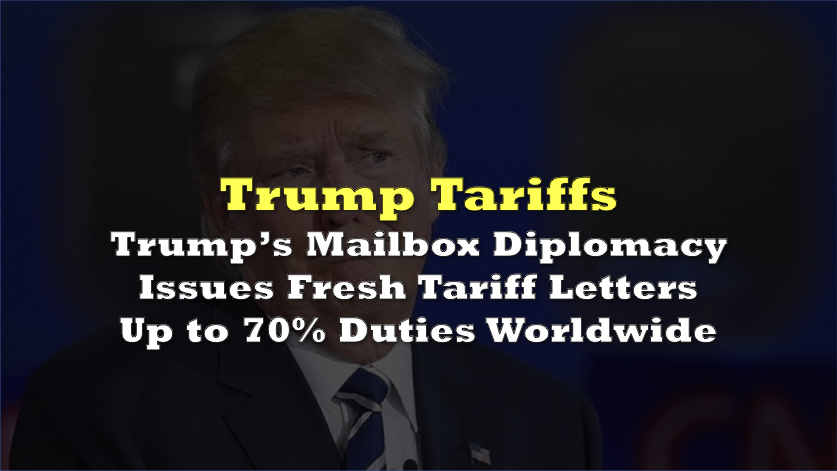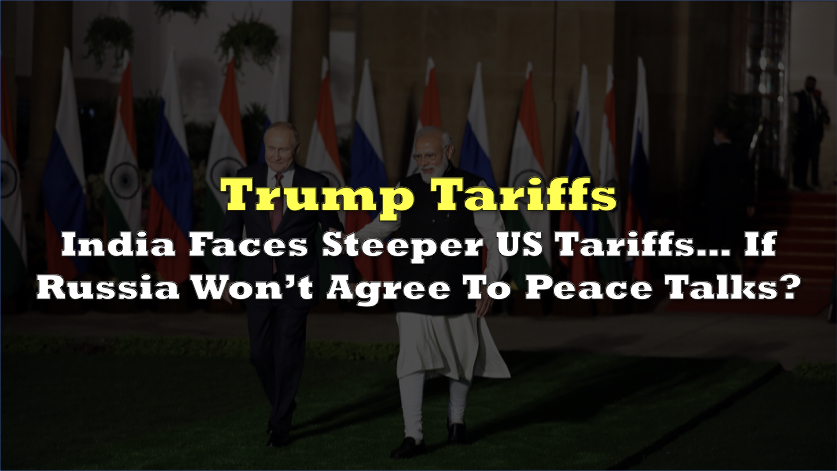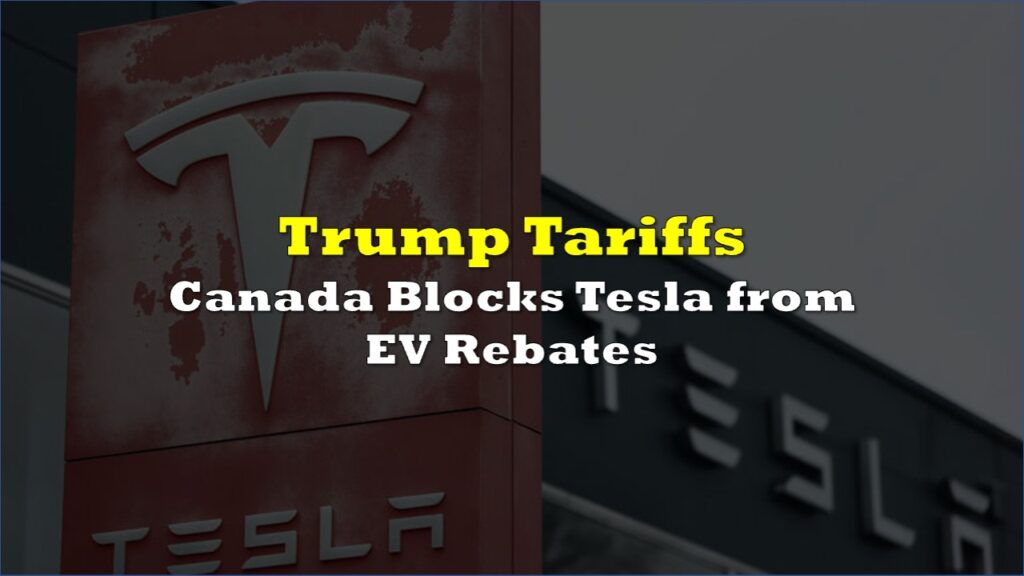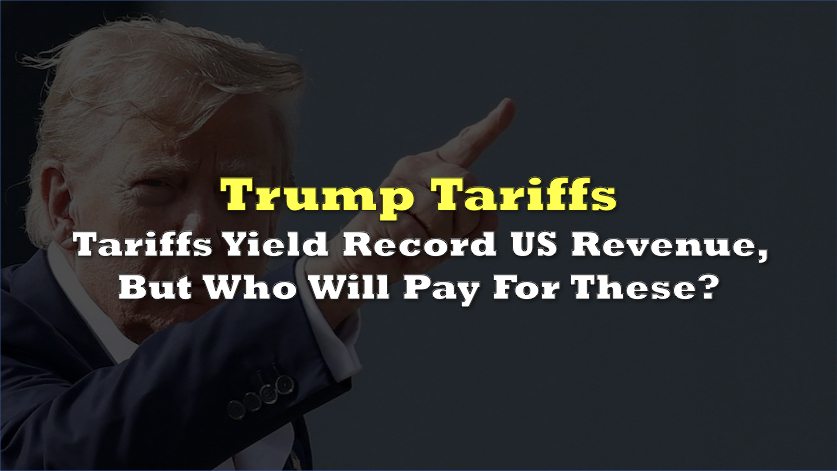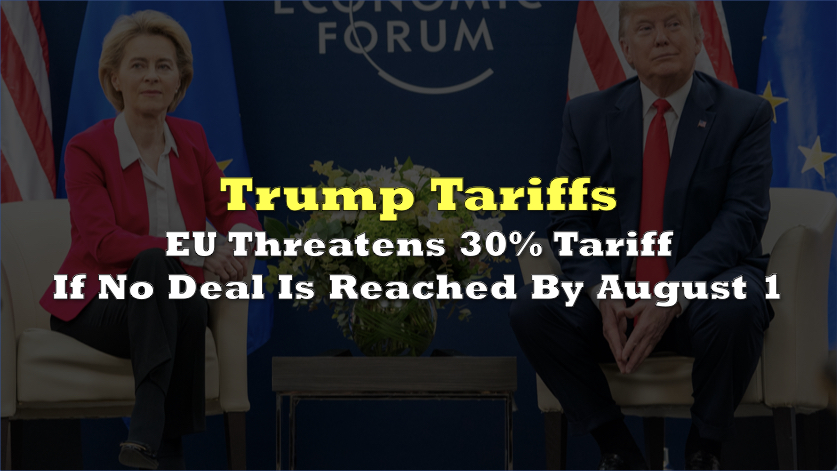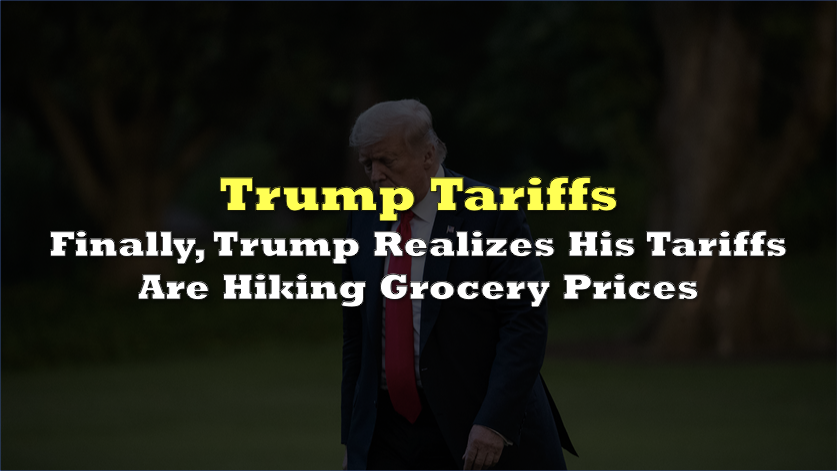President Donald Trump has abandoned traditional bargaining in favor of a two-pager ultimatum, sending more of his tariff letters to more countries.
“A letter means a deal,” he told reporters, adding that some of the documents dispatched this week carry tariff rates “at 60%, 70%—maybe higher.”
*TRUMP: SOME LETTERS AT 60%, 70% RATE
— *Walter Bloomberg (@DeItaone) July 8, 2025
Treasury Secretary Scott Bessent confirmed the administration’s unilateral posture, saying “about 100” countries “never even contacted us” during the 90-day pause that ends today. Those states, he warned, will still confront an automatic 25% duty on 1 August, and could be on top of the 10% baseline rate imposed in April.
Trump told Cabinet members he is “probably two days off” from mailing a tariff schedule to EU; the White House has threatened duties of up to 50% if the bloc refuses to sign.
The latest wave of letters lists double-digit levies for 14 countries: Cambodia (36%), Bangladesh (35%), Serbia (35%), Bosnia-Herzegovina (30%), Indonesia (32%), Tunisia (25%), and Kazakhstan (25%). Japan (25%) and South Korea (25%) also received their letters despite their existing trade pacts with Washington. Laos and Myanmar drew 40% tariffs, while select imports of copper now face a potential 50% surcharge, a move that has already pushed domestic prices to record highs.
Economists see broader damage as they argue that floating rates “as high as 40% to even 100%” has normalized a still punishing 25% hike and created “one of the most aggressive and disruptive tariff moves in modern history.”
Bessent insists the pain will pay: customs receipts could top $300 billion this year, he claims, dwarfing the $98 billion collected in all of 2024. The Congressional Budget Office forecasts $2.8 trillion in tariff revenue over a decade, yet the Treasury chief calls that “probably low,” signaling room for still higher rates. 
Information for this story was found via Euronews and the sources mentioned. The author has no securities or affiliations related to the organizations discussed. Not a recommendation to buy or sell. Always do additional research and consult a professional before purchasing a security. The author holds no licenses.

